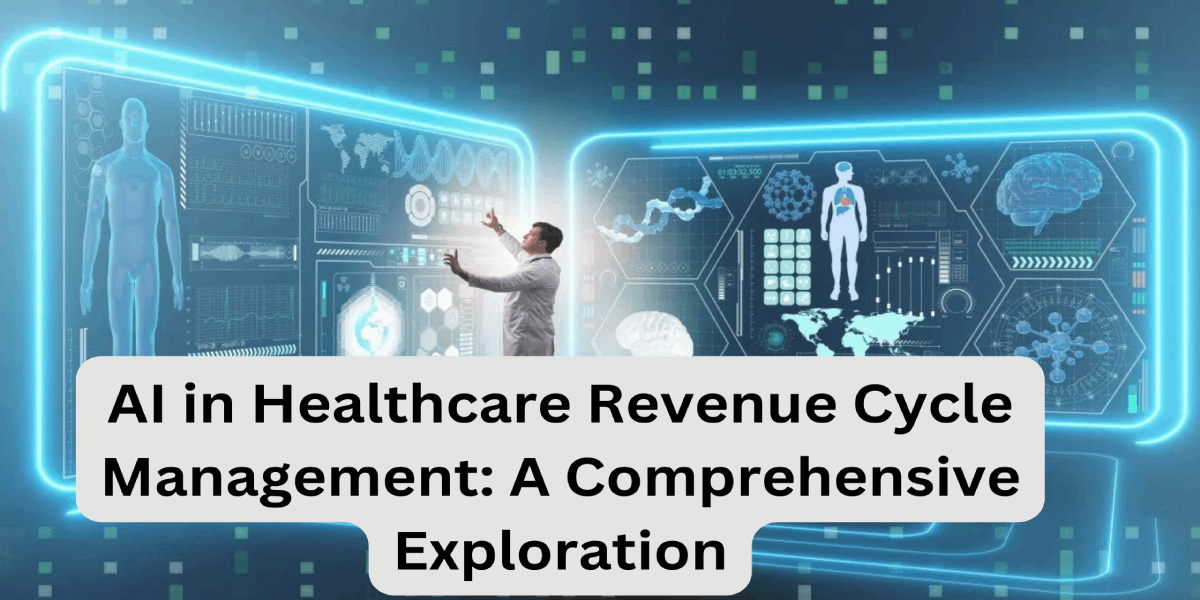The integration of Artificial Intelligence (AI) into Revenue Cycle Management (RCM) has emerged as a transformative force in the landscape of healthcare. This blog aims to explore the intricate landscape of AI in Healthcare Revenue Cycle Management (RCM), delving into the associated risks, challenges, and the transformative impact of AI. Additionally, it will propose practical and viable solutions to effectively navigate the complexities presented by the integration of AI in the healthcare RCM domain.
Risk Mitigation:
As AI permeates healthcare systems, addressing risks becomes paramount to ensure positive patient outcomes and the efficacy of RCM processes. One of the primary challenges lies in the privacy regulations, particularly HIPAA, which restricts access to electronic medical record data crucial for AI model training. The solution lies in innovative training methodologies that respect patient privacy and data security. Implementing encryption and secure data storage mechanisms becomes imperative to maintain compliance.
Another risk stems from AI-generated misinformation and biased training data, leading to incorrect responses known as “hallucinations.” To mitigate this, adopting a “human in the loop” approach is crucial. Active monitoring and intervention ensure the correction of inaccurate responses, fostering the reliability of AI-generated insights in healthcare.
Know More about RCM – https://i-conicsolutions.com/what-is-healthcare-revenue-cycle-management-rcm/
Challenges:
Challenge 1: Privacy Regulations and Data Security
The stringent nature of privacy regulations, such as HIPAA, presents a significant challenge in accessing electronic medical record data essential for effective AI model training. To address this, innovative training methodologies respecting patient privacy, along with robust encryption and secure data storage mechanisms, become paramount.
Challenge 2: Incorrect AI Responses (“Hallucinations”)
AI-generated misinformation, biased training data, and incorrect responses, known as “hallucinations,” pose a threat to patient outcomes. The solution involves adopting a “human in the loop” approach, ensuring active monitoring and intervention to correct inaccurate responses. This approach enhances the reliability of AI-generated insights.
Challenge 3: Lack of Electronic Medical Record Data
The scarcity of electronic medical record data poses a challenge for effective AI model training. Solutions include the careful integration of Large Language Models (LLMs) and addressing privacy concerns to unlock the potential of AI in streamlining healthcare systems. By embracing encryption and secure data storage, healthcare organizations can navigate the challenges associated with data access.
Challenge 4: Diagnostic Errors and Cognitive Biases
To maximize the benefits of Generative AI in healthcare, a meticulous integration into existing analytics and AI roadmaps is necessary. Stringent data security measures, adherence to frameworks like NIST’s AI Risk Management Framework, and addressing diagnostic errors and cognitive biases are crucial. These measures ensure the effective and safe implementation of AI in healthcare RCM.
Navigating Risks:
The impact of AI in Revenue Cycle Management is profound, especially with the advent of Generative AI, powered by advanced models like GPT-4. This technology revolutionizes the documentation of patient-clinician interactions, converting visits into structured notes swiftly. However, with innovation comes the need for a comprehensive risk management strategy.
Understanding the nuances of AI’s impact on RCM involves navigating risks such as AI-generated misinformation, biased training data, and medicolegal uncertainties. A careful integration of AI into existing analytics and AI roadmaps, coupled with adherence to frameworks like NIST’s AI Risk Management Framework, is essential. This ensures the validity, reliability, accountability, and transparency of AI applications in healthcare.
Conclusion:
The integration of AI into Healthcare Revenue Cycle Management represents a transformative shift towards efficiency, accuracy, and patient-centric systems. While challenges are evident, proactive solutions and a meticulous risk management strategy pave the way for successful AI implementation. Addressing privacy concerns, mitigating diagnostic errors, and adopting frameworks are crucial steps in navigating the risks associated with AI in Healthcare RCM. As the healthcare industry embraces these technologies, a future of improved efficiency, accuracy, and patient care quality awaits, heralding a new era in healthcare management.
Visit Us – https://i-conicsolutions.com/






